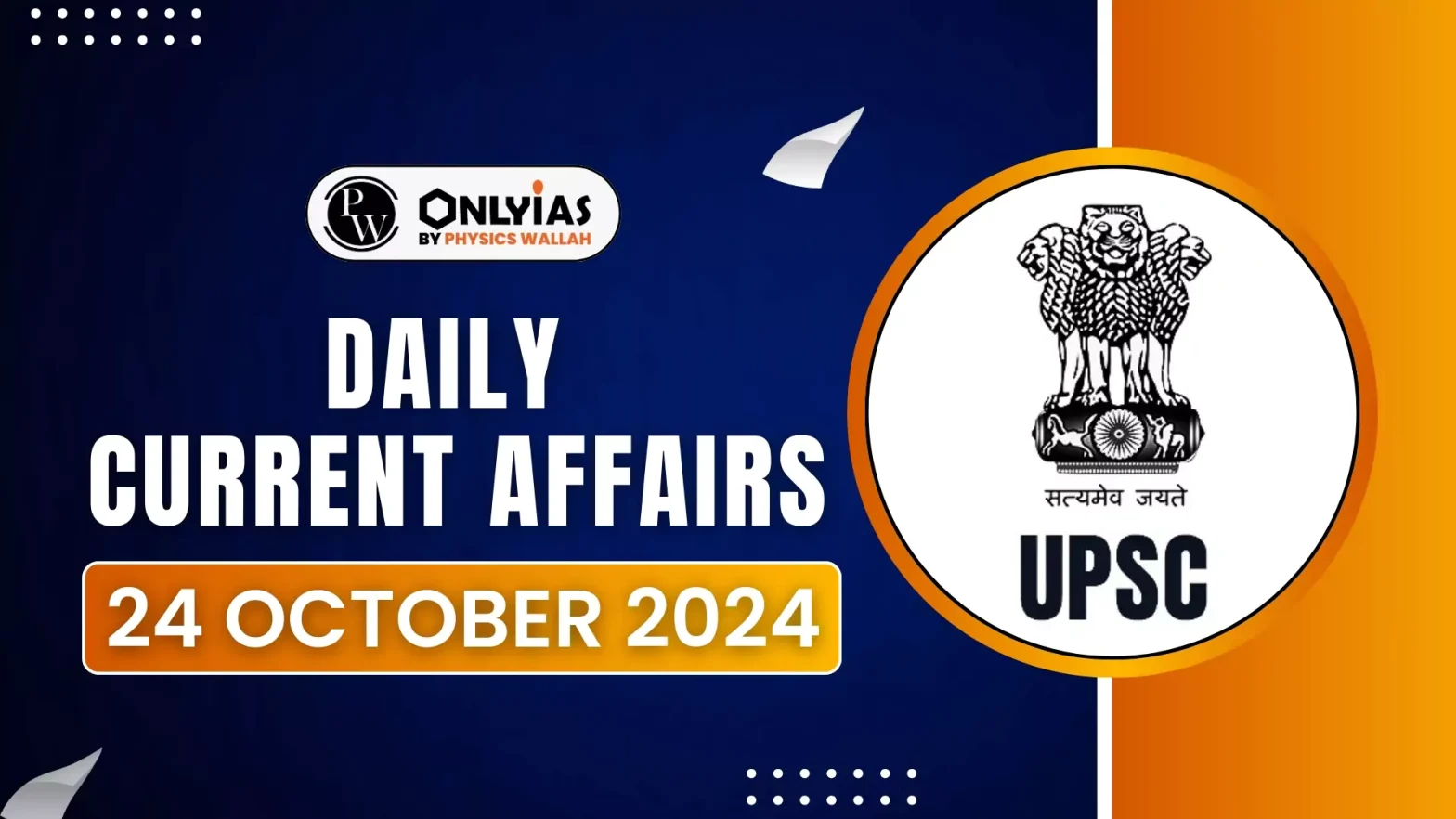A Constitution Bench of nine judges, in an 8:1 majority judgement, upheld the State legislatures’ right to regulate industrial alcohol.
States vs. Centre: Jurisdiction over Industrial Alcohol
- Union vs. States: Jurisdictional Dispute: Multiple States had challenged the Centre’s position that it had exclusive control over industrial alcohol.
- The Centre claimed that it had exclusive control over industrial alcohol under Entry 52 of the Union List (which deals with industries of national importance) and the Industries (Development and Regulation) Act of 1951.
- The Ruling set aside the SC’s 1990 judgement in Synthetics & Chemicals Ltd. v State of Uttar Pradesh.
- The Court upholds the power of state States to regulate ‘denatured spirit or industrial alcohol’.
- The court expanded the definition of ‘intoxicating liquor’ to include not only alcohol intended for human consumption (potable alcohol) but also industrial alcohol that could be used noxiously, impacting public health.
- CJI stated that Entry 8 in the State List was based on public interest and that alcohol is inherently a noxious substance prone to misuse, thereby justifying the States’ regulatory control over industrial alcohol.
- The Court also stated that when there are two possible interpretations of the entries, the court must choose the one that maintains the federal balance.
Enroll now for UPSC Online Course
Industrial Alcohol Vs Potable Alcohol
| Aspect |
Industrial Alcohol (Denatured Alcohol) |
Potable Alcohol |
| Definition |
Alcohol which is chemically altered to make it unfit for human consumption.
It typically refers to isopropyl alcohol (isopropanol). |
Alcohol which is purified and produced for safe human consumption |
| Purpose |
Used as a raw material in various industrial processes |
Used in the production of alcoholic beverages |
| Applications |
Solvents, cleaning agents, cosmetics, pharmaceuticals, fuels (e.g., bioethanol) |
Beverages like beer, wine, and spirits |
| Intended Use |
Not intended for human consumption |
Specifically intended for human consumption |
| Toxicity |
Contains additives to make it toxic if ingested |
Safe for consumption when regulated |
| Regulation Authority |
Primarily regulated by Central authorities under industrial laws |
Regulated by State authorities under Entry 8 of the State List |
| Taxation |
Subject to levies and taxes as an industrial product |
Subject to state excise duties and taxes as a consumable product |
| Examples |
Denatured spirits, bioethanol, industrial solvents |
Beer, wine, whiskey, |
Battle on Regulatory control over industrial alcohol
- Ch. Tika Ramji vs State of Uttar Pradesh (1956): The validity of UP legislation regulating sugarcane supply and purchase was challenged based on the argument that under Section 18-G of the Industries (Development and Regulation) Act (IDRA), 1951, the Centre had exclusive jurisdiction over the sugar industry.
- The Supreme Court upheld the UP law, stating that Section 18-G did not intend to “cover the entire field” of the sugar industry. It held that the state could still legislate on matters relating to the sugar industry under Entry 33 of the Concurrent List.
- Synthetics & Chemicals Ltd. vs State of Uttar Pradesh (1989): The case concerned the regulation and taxation of industrial alcohol, with the question being whether states had authority under Entry 8 of the State List to regulate industrial alcohol.
- The Supreme Court held that the States’ powers under Entry 8 were limited to regulating “intoxicating liquors” meant for human consumption, and industrial alcohol was outside this scope. Only the Centre had jurisdiction to regulate industrial alcohol and impose taxes on it.
- Allahabad High Court Decision (2004): The UP government introduced a 15% fee for the sale of alcohol to licence holders under the UP Excise Act, 1910, which was challenged on the grounds that industrial alcohol was under the exclusive control of the Centre via Section 18-G of IDRA, 1951.
- The High Court declared the UP notification invalid, holding that the state’s power extended only to potable alcohol, not industrial alcohol or denatured spirits, reaffirming the Centre’s jurisdiction over industrial alcohol.
- Supreme Court Referral (2007): The 2004 Allahabad High Court decision was appealed in the Supreme Court.
- The Court referred the case to a larger bench, noting that the Tika Ramji case (1956) had not been considered by the seven-judge bench in the Synthetics & Chemicals case (1989), and this needed further examination.
- This referral was intended to clarify the regulatory framework regarding industrial alcohol and its classification under the Constitution.
Check Out UPSC Modules From PW Store
Jurisdiction of Liquor ‘Overlapping’ Entries
| Centre |
State |
- Union list (Entry 52) : It empowers the central government to regulate industries that Parliament finds to be of “public interest.”
- Industries (Development and Regulation) Act, 1951 (IDRA) : Entrusted the Union government with the power to regulate specific products related to scheduled industries.
- Due to prevailing Central law in this subject, the Centre argued that it “occupied the field” when it comes to industrial alcohol, and that states could not regulate the subject.
|
- State list (Entry 8): State is empowered to make laws for “Intoxicating liquors, that is to say, the production, manufacture, possession, transport, purchase and sale of intoxicating liquors.”
|
- Entry 33 of the Concurrent List : Both the state and Union governments can make laws on the products of any industry, even if Parliament has granted control to the Union in public interest.
![]() 24 Oct 2024
24 Oct 2024

